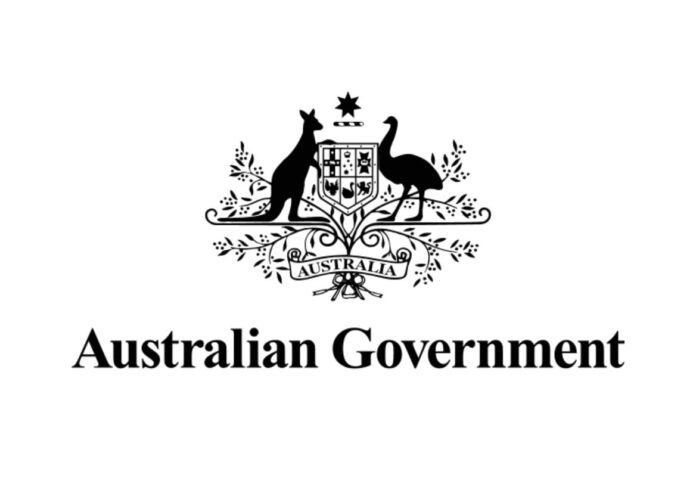
In a positive outlook for the agricultural sector, Australia anticipates another robust year of exports in 2024, fueled by improved market access and tariff rate cuts.
In a media release, the government said the nation’s Free Trade Agreements (FTAs) have already paved the way for enhanced opportunities for red meat, grain, horticulture, and other agricultural industries.
Notably, upgrades in trade agreements, particularly with the United Kingdom and India, are expected to unlock new and diversified trade avenues for Australian farmers in the coming year.
Projections indicate that agricultural export values will surge to $67 billion in 2023–24, the second-highest on record, with recent rains poised to bolster this forecast even further.
Minister for Trade Don Farrell expressed the Australian Government’s commitment to pursuing additional trade opportunities in 2024, emphasising the importance of a free, open, and rules-based trading system amid global uncertainty.
“At a time of heightened global uncertainty, a free, open, and rules-based trading system is more important than ever,” Minister Farrell stated.
He added, “More trade means more well-paying jobs, more national income, more opportunities for business, and a lower cost of living.”
The Australian Government said it aims to support the agricultural industry in reaching its $100 billion production goal by 2030.
Minister Farrell outlined plans for trade negotiations in 2024 with the United Arab Emirates, building on the trade deal with India, and facilitating exporters in leveraging existing agreements, including with the United Kingdom.
Minister for Agriculture, Fisheries and Forestry Murray Watt highlighted the positive impact of these new trade opportunities on the nation’s agriculture industry and regional communities.
“These new and exciting trade opportunities have opened new doors for Aussie farmers and producers, which is particularly great news for regional communities and local jobs,” Minister Watt affirmed.
The success of recent FTAs, such as the Australia-United Kingdom FTA, was underscored, citing notable increases in sheep meat and beef exports to the UK.
Additionally, tariff reductions under agreements like the Korea Australia Free Trade Agreement (KAFTA) and the China-Australia Free Trade Agreement (ChAFTA) were acknowledged for supporting the competitiveness of Australian beef in global markets.
The Australia-India Economic Cooperation and Trade Agreement (ECTA) was highlighted for its role in boosting exports for various agricultural products, including almonds, oranges, mandarins, broad beans, roundwood, and seafood.
The article also provided insights into tariff reductions under the Comprehensive and Progressive Agreement for Trans-Pacific Partnership (CPTPP), Australia’s beef exports to Canada, and the elimination of beef tariffs in the Australia-US Free Trade Agreement.
The positive developments in trade agreements were further emphasised with Japan-Australia Economic Partnership Agreement (JAEPA), phasing out tariffs on Australia’s largest seafood exports to Japan.


















